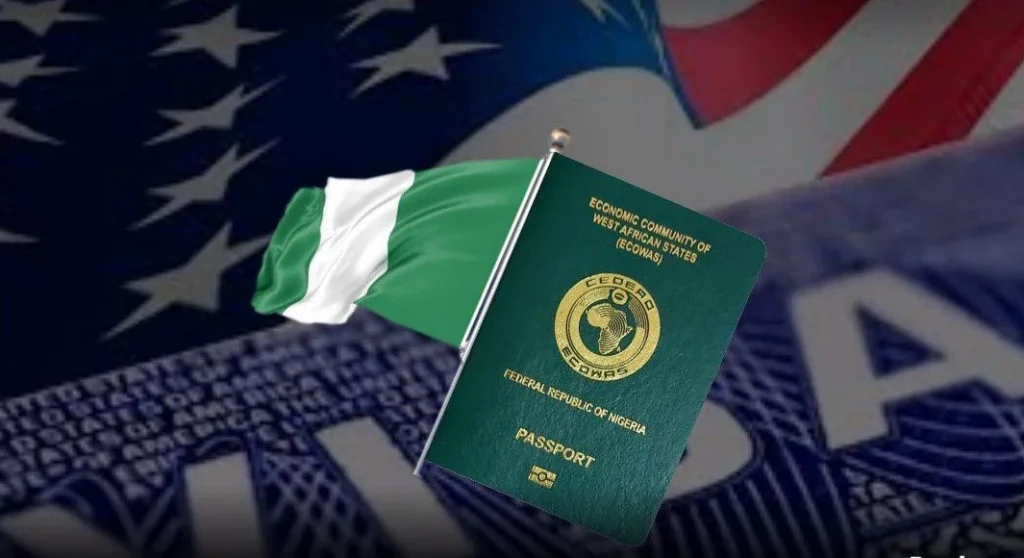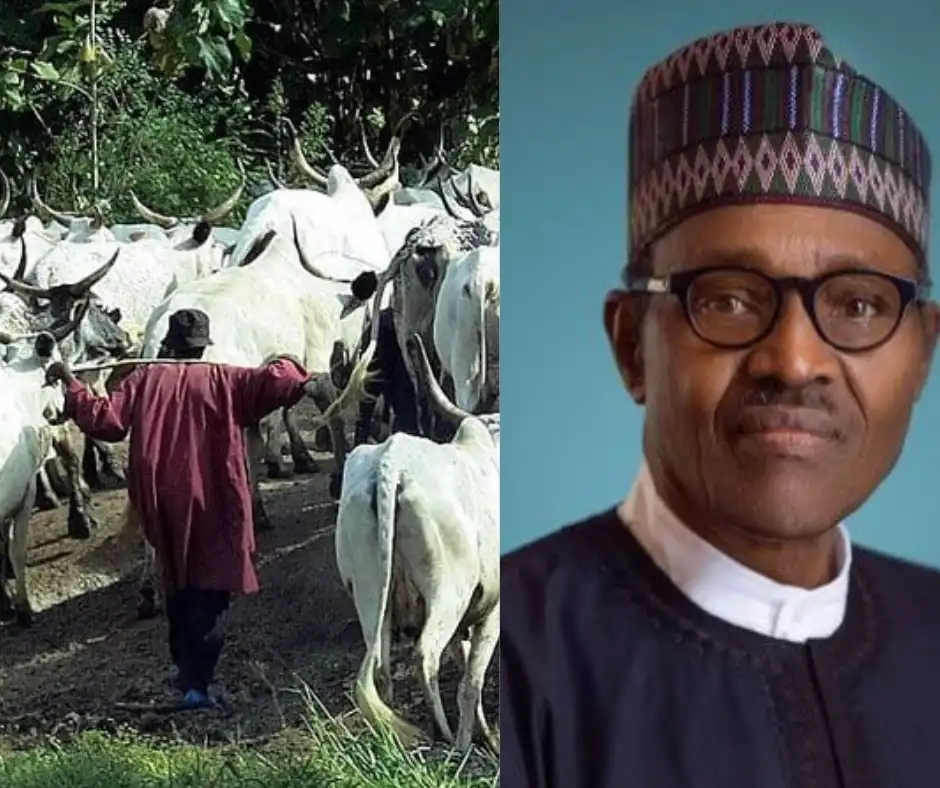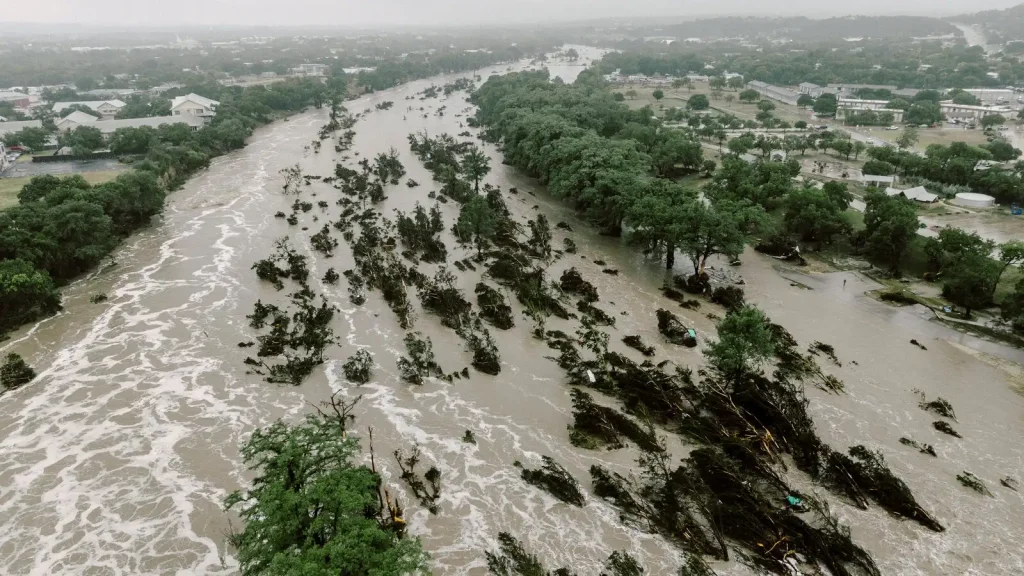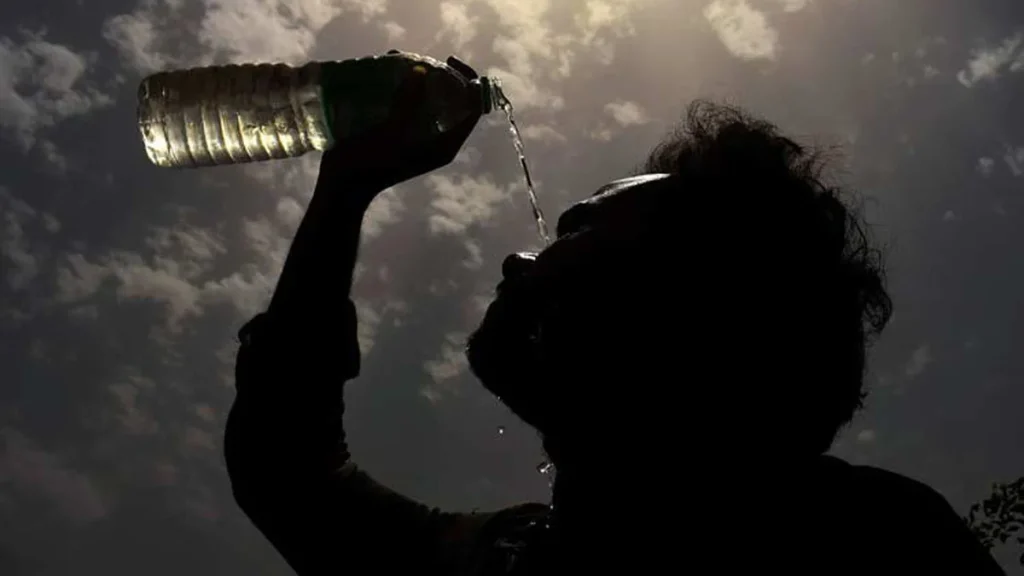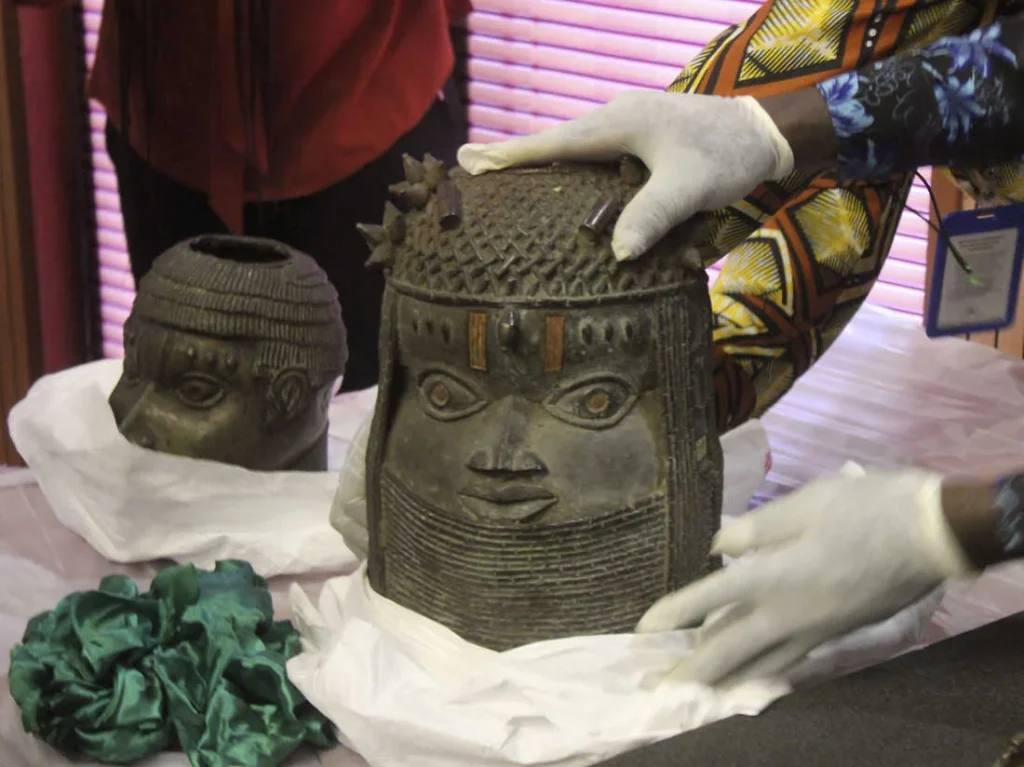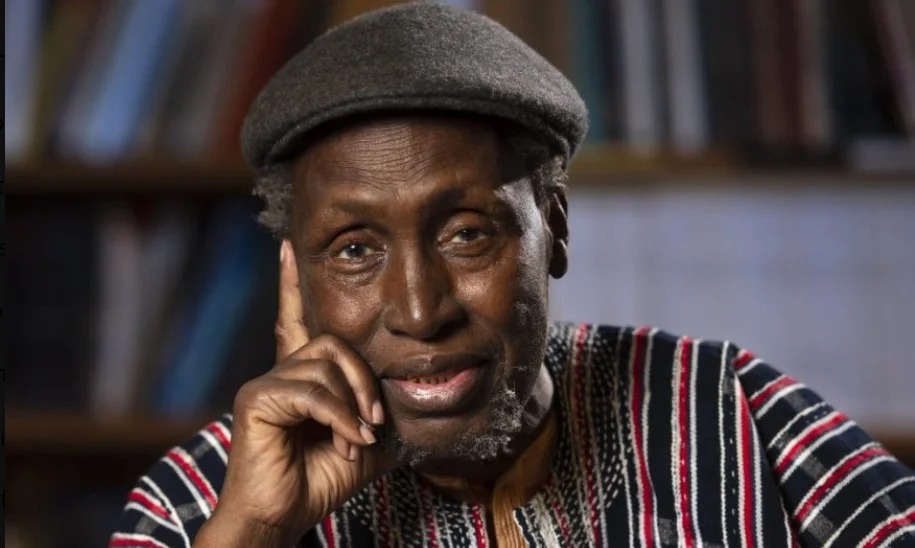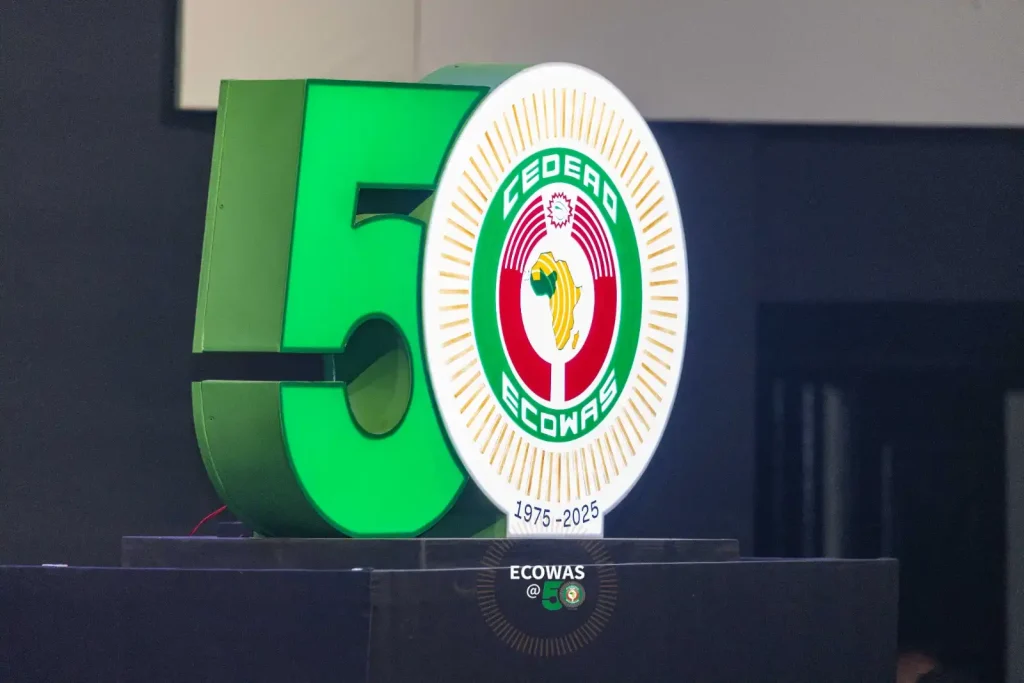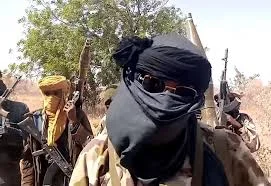 In 2021, Nigeria faced severe insecurity challenges, driven by extremist violence, banditry, and widespread kidnappings. The northern regions, especially the northwest and northeast, were hardest hit, with frequent reports of civilian attacks, abductions for ransom, and ongoing clashes between armed groups and security forces.
In 2021, Nigeria faced severe insecurity challenges, driven by extremist violence, banditry, and widespread kidnappings. The northern regions, especially the northwest and northeast, were hardest hit, with frequent reports of civilian attacks, abductions for ransom, and ongoing clashes between armed groups and security forces.
The year began with a spike in violence, including mass school kidnappings that drew both national and international attention. In February, over 300 students were kidnapped from the Government Science Secondary School in Kagara, Niger State. This event highlighted the growing crisis in Nigeria’s education sector, as parents expressed grave concerns over their children’s safety.
Amidst public outcry, the Nigerian government, led by President Muhammadu Buhari, faced increasing pressure to curb the growing insecurity. Many citizens were frustrated by the government’s perceived failure to control the situation. In response, President Buhari convened multiple security meetings, directing agencies to adopt stronger measures against terrorist groups and bandits.
The government ramped up military operations against Boko Haram in the northeast, where the group has caused thousands of deaths and displaced communities since 2009. The Nigerian military reported successes, including the elimination of key insurgent leaders and the rescue of hostages. Despite these victories, violence persisted across various regions, with attacks continuing to escalate.
In parallel with military actions, the government launched community engagement strategies to address root causes of violence, such as poverty and the lack of education. President Buhari also called for cooperation among security forces, state governments, and local communities to develop comprehensive solutions to the security crisis.
The escalating insecurity led to nationwide protests, with citizens demanding better governance and accountability. In October 2021, civil society groups organized demonstrations across major cities, calling for a stronger governmental focus on national security and underlying issues contributing to the violence.
International bodies and foreign governments, including the United Nations and the United States, expressed deep concern over Nigeria’s security situation. They emphasized the need for a coordinated response that addressed both immediate security threats and the socioeconomic factors behind the unrest.
As the year progressed, the Nigerian government continued to face pressure to deliver concrete results in curbing insecurity, restoring public confidence, and ensuring citizen safety. The events of 2021 underscored the complexities of Nigeria’s security landscape and the pressing need for effective governance to achieve lasting stability in the country.



